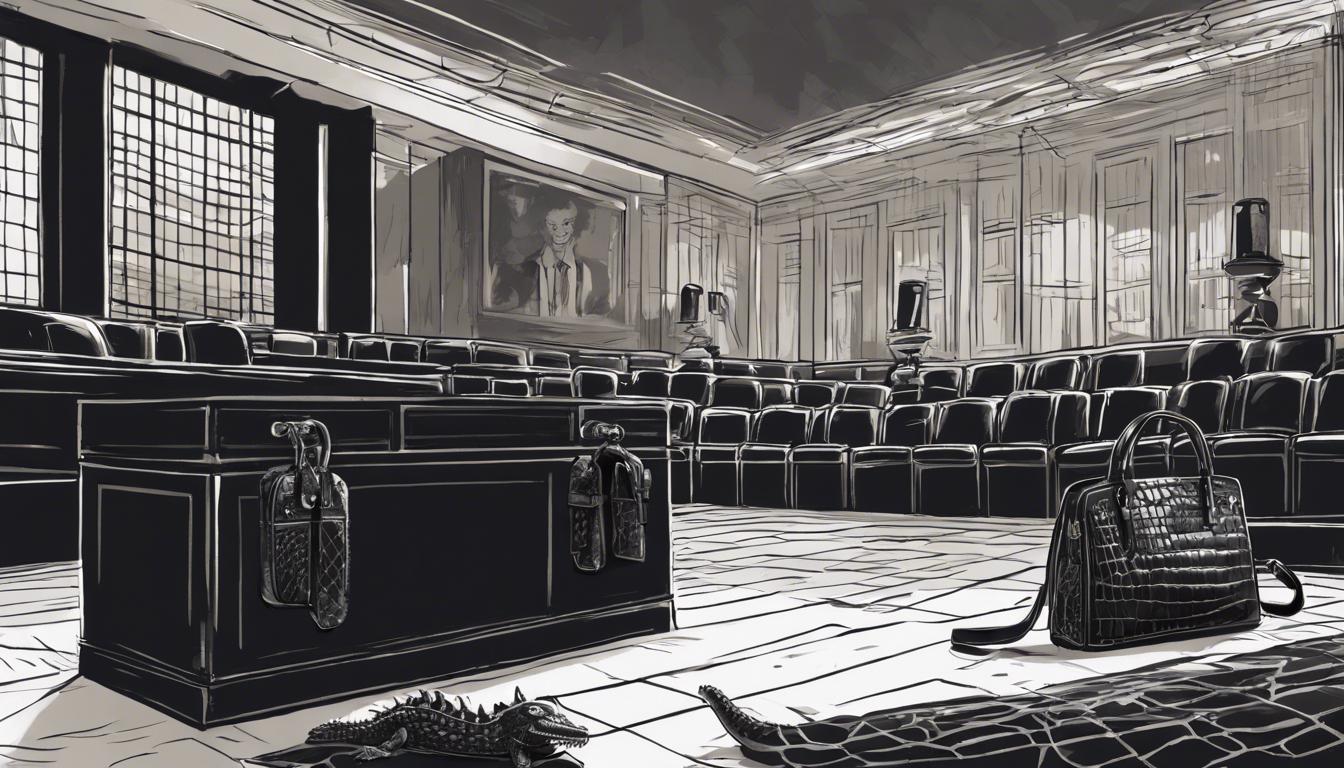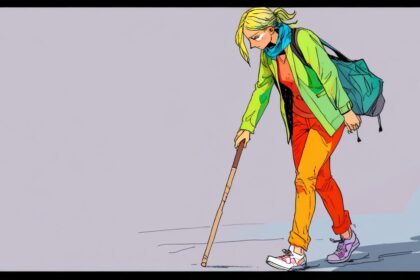Nancy Gonzalez, known for her high-end handbags, has been sentenced to 18 months in prison for illegally smuggling handbags made from protected species into the U.S., highlighting issues of wildlife conservation in the fashion industry.
Nancy Gonzalez, a prominent handbag designer known for her luxury accessories, has been sentenced to 18 months in prison for smuggling crocodile handbags into the United States from Colombia. The sentencing took place following Gonzalez’s guilty plea to charges of illegal wildlife trafficking, specifically involving bags made from protected reptiles such as caimans and pythons.
The investigation revealed that between February 2016 and April 2019, Gonzalez orchestrated a sophisticated operation where relatives, friends, and employees were used to covertly transport these handbags on commercial flights to her showroom in New York. Both the United States and Colombia, the countries involved, are signatories to the Convention on International Trade in Endangered Species of Wild Fauna and Flora (CITES), which regulates the trade in protected species.
During the trial, Assistant U.S. Attorney Thomas Watts-Fitzgerald likened Gonzalez’s tactics and motives to those of drug traffickers, driven by the potential for financial gain. The U.S. Fish and Wildlife Service emphasized the significance of the case, underscoring the illegal trade’s impact on protected wildlife.
Gonzalez, aged 71 at the time of sentencing, expressed regret for her actions and acknowledged her poor decision-making in court. Her legal team argued for leniency, citing her background as a single mother in Cali, Colombia, and her rise to prominence in the fashion industry. Despite these pleas, the court proceeded with a prison sentence, noting the disparity between her luxurious lifestyle and the exploitation of her couriers.
The repercussions of Gonzalez’s actions included the closure of her business, resulting in significant job losses. Her products, which once featured in prestigious stores like Neiman Marcus, Saks Fifth Avenue, and Harrods, are now associated with this legal controversy.













